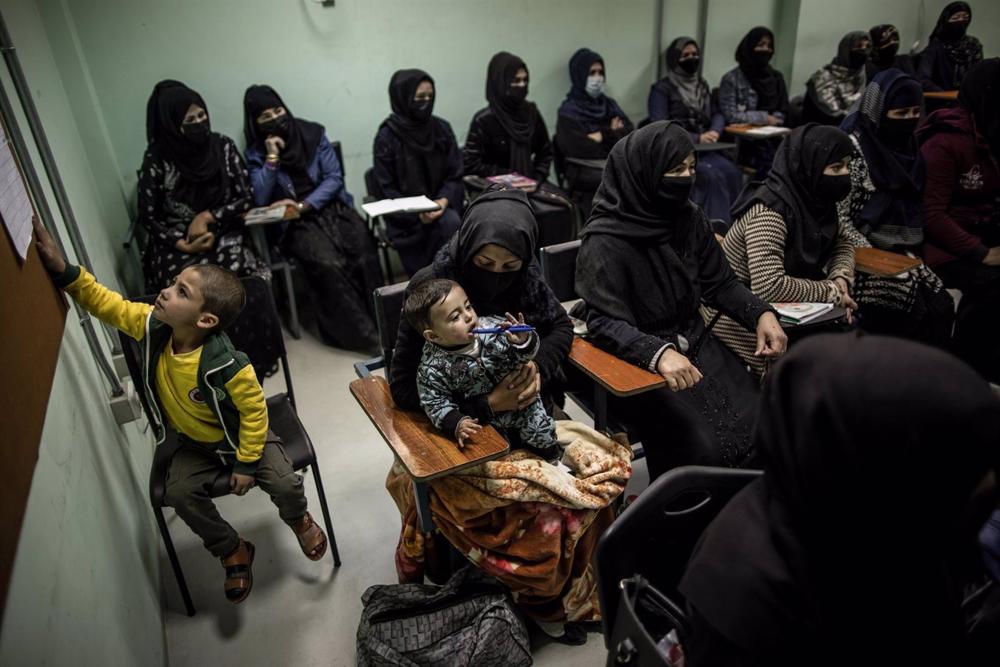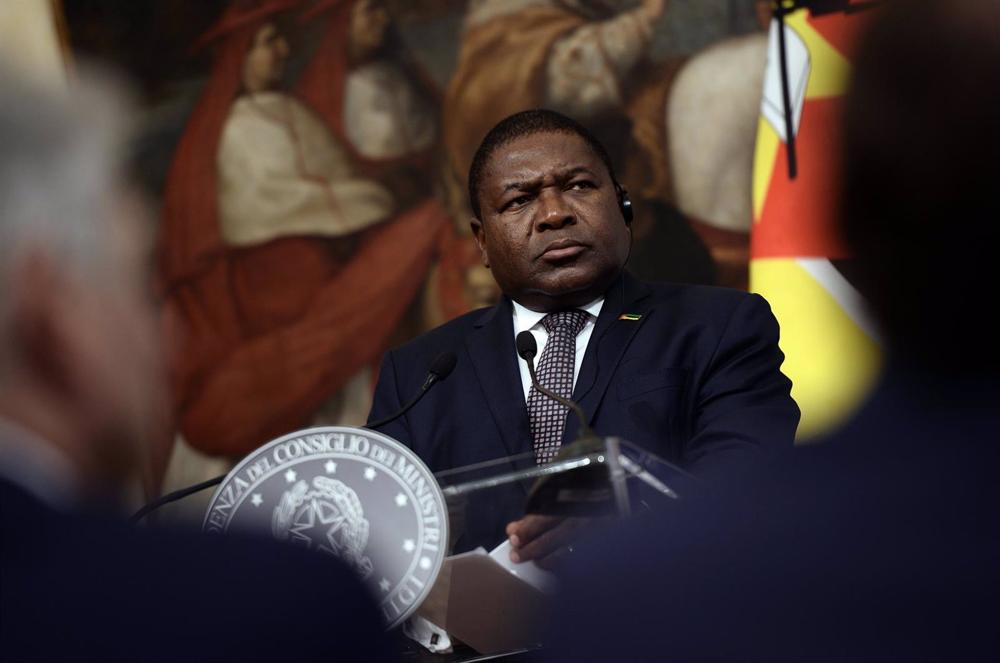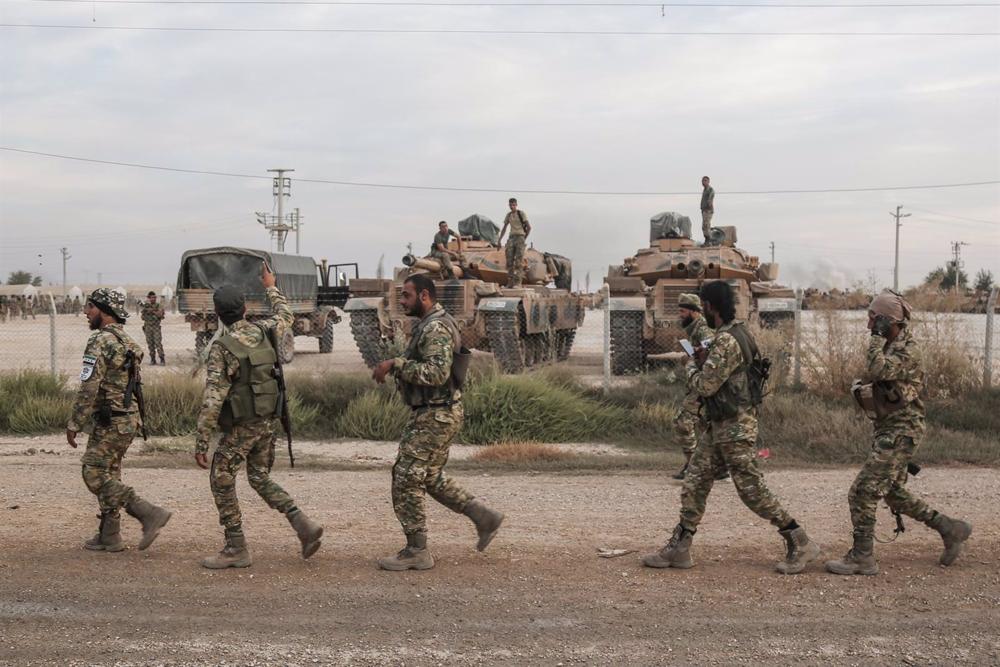
The United Nations has received information that the Taliban are preparing «practical guidelines» on the exact implementation of the veto they have imposed against women’s education and work in the country, a move that the UN sees as relatively beneficial in providing at least some framework for action on an edict that has sparked international outcry over the fundamentalist movement.
This was made clear by the Under-Secretary General for Humanitarian Coordination and Emergency Response, Martin Griffiths, during a meeting this week at the UN, in which he briefed his interlocutors on the results of his recent visit to Afghanistan and his meetings with senior officials of the Taliban government.
«All those we met have told us that the Taliban authorities are drafting practical guidelines to stipulate how the edict is to be implemented. We have been told that these guidelines are beneficial,» said Griffiths, who was informed that they will be published in March.
The humanitarian official gave his initial approval to the idea despite the seriousness of the veto itself. «I want to make it clear that we applaud the idea, but that does not mean that we are not concerned about the implications of these ‘guidelines’,» Griffiths said before recalling the disconnect between Taliban domestic politics and the work of humanitarian agencies in the country. «It’s an internal Taliban process that we don’t have any access to,» Griffiths added during his appearance, as reported by Tolo News.
The meeting was attended among others by representatives of the Iraqi and Pakistani missions to the UN. The Iraqi chargé d’affaires, Nasir Ahmad Faiq, recommended the implementation of a political plan for Afghanistan as a touchstone for any humanitarian initiative, given the immobility he perceives in this regard a year and a half after the Taliban reconquest of the country.
«This is the second year that we are dealing with the humanitarian situation in Afghanistan without any change. How much longer are we going to continue with the same humanitarian response? A long-term, political solution is needed,» said Faiq at a time when Afghanistan is going through a particularly serious moment in the country’s long-running humanitarian crisis, exacerbated by a cold snap that has already left more than 160 people dead across the country.
Source: (EUROPA PRESS)






